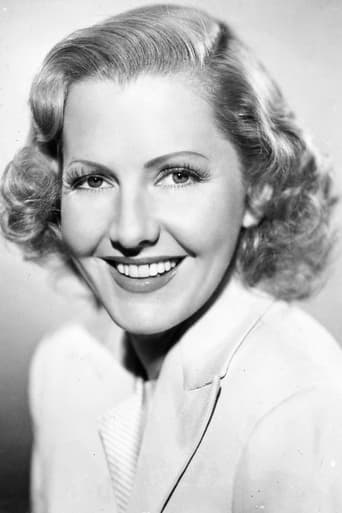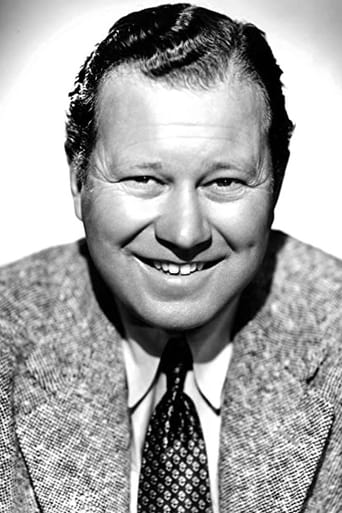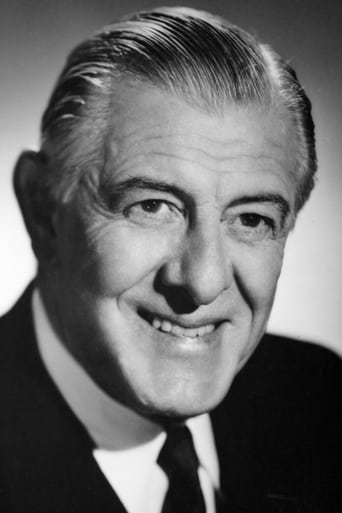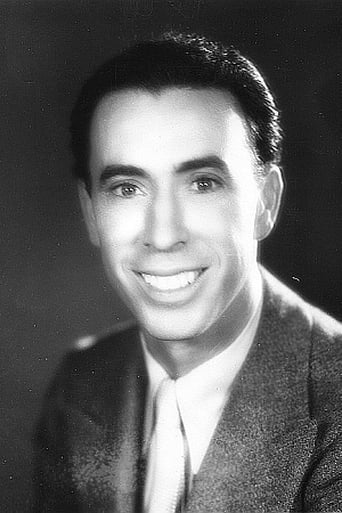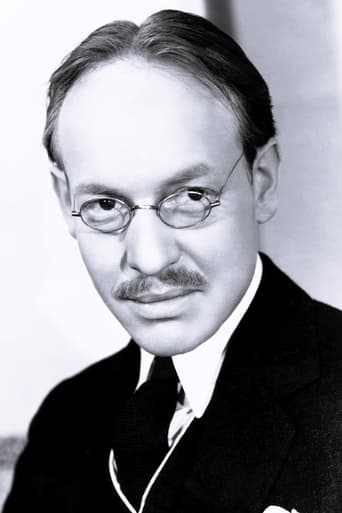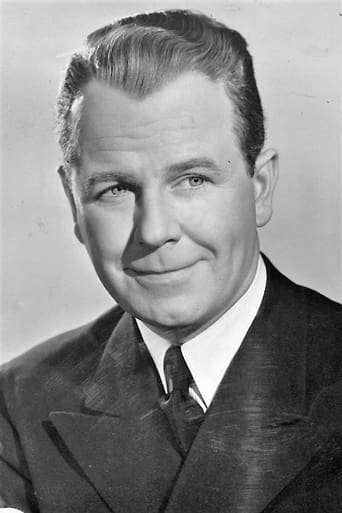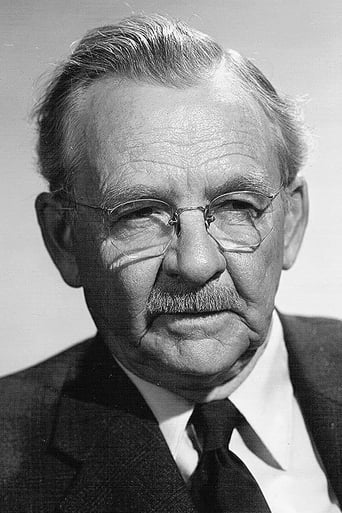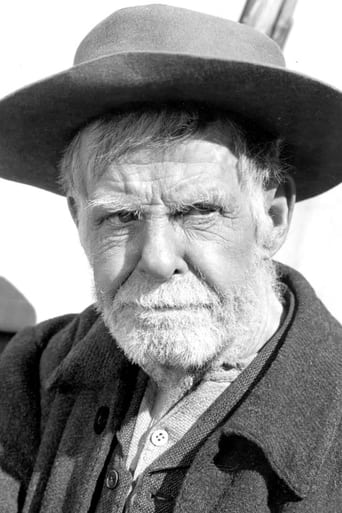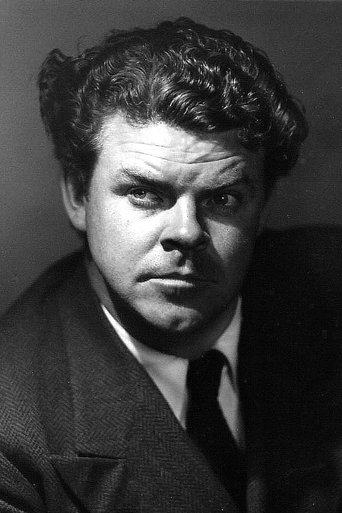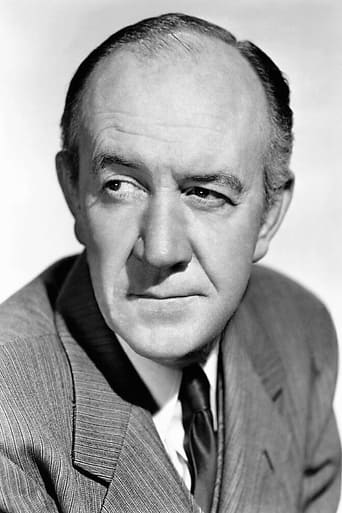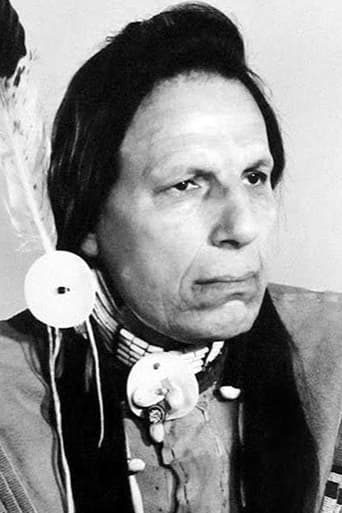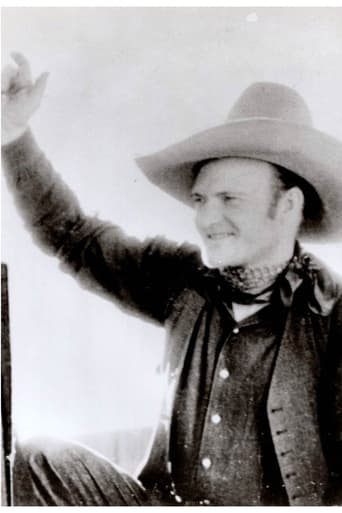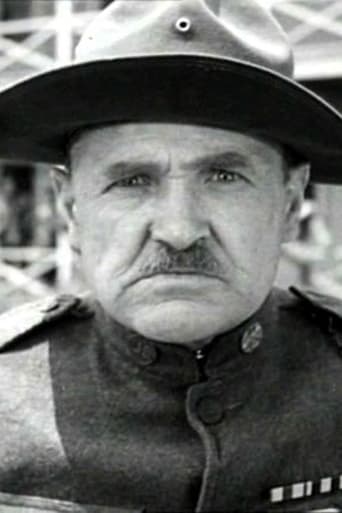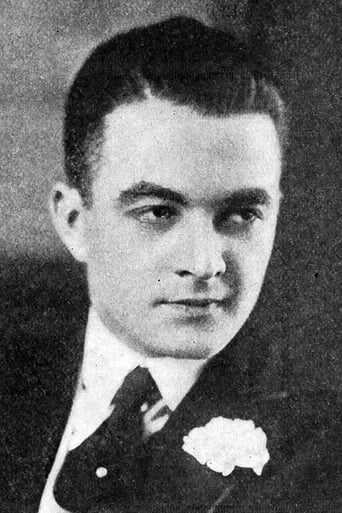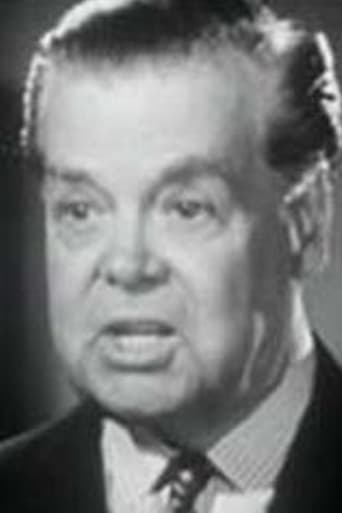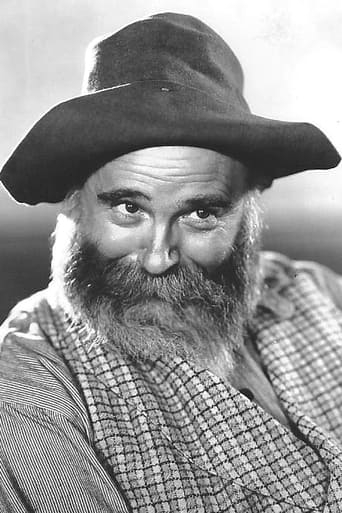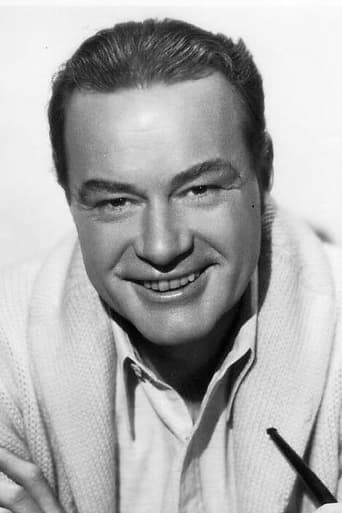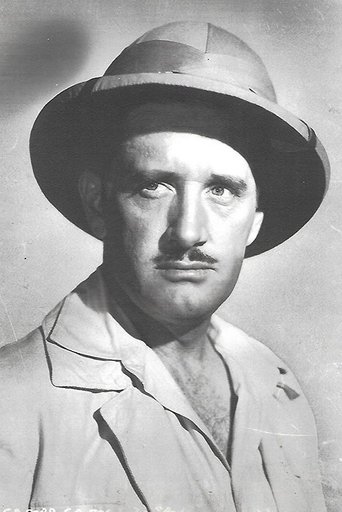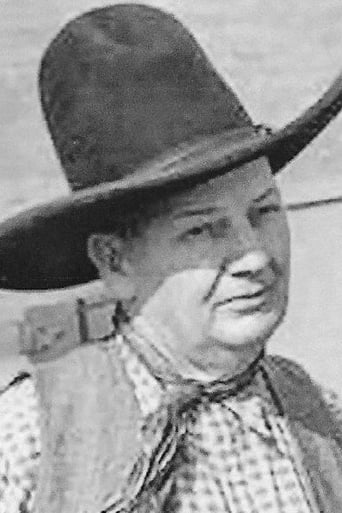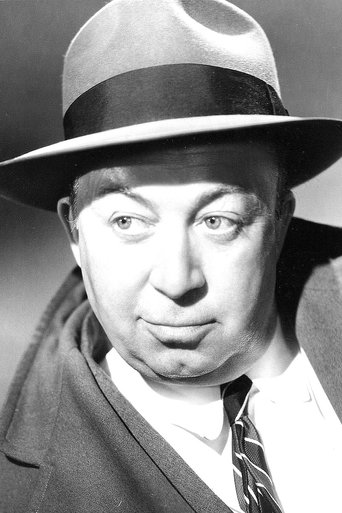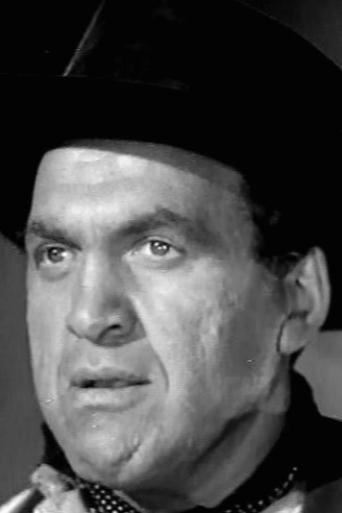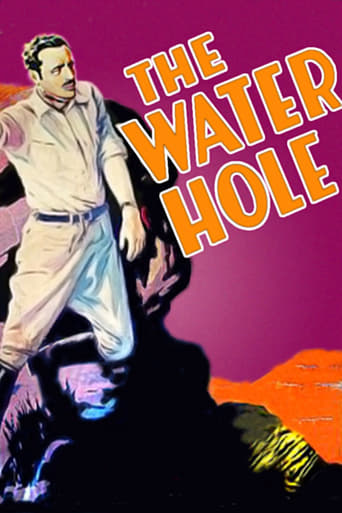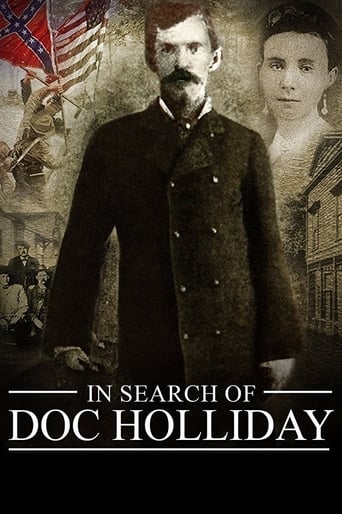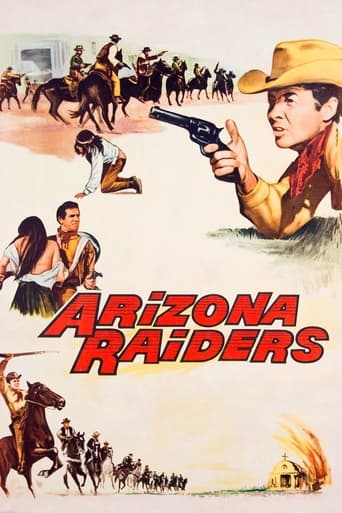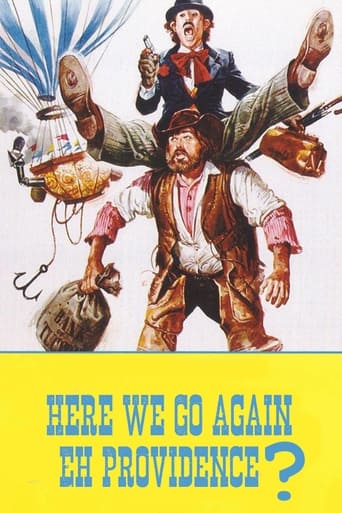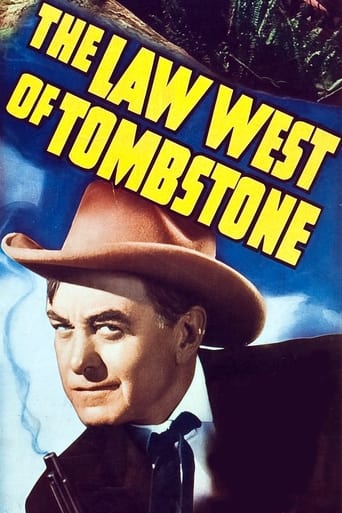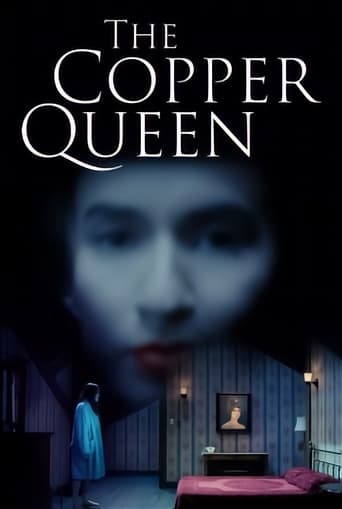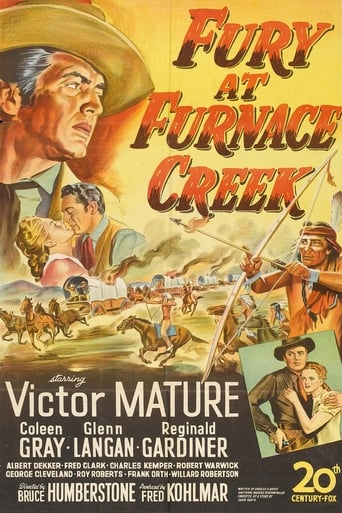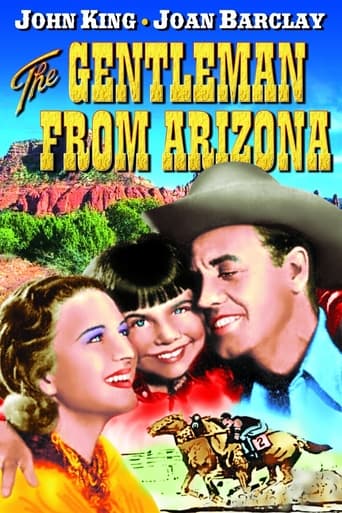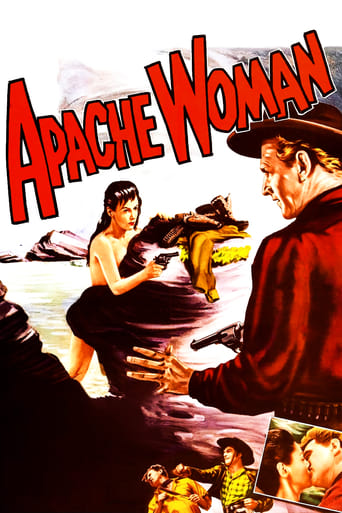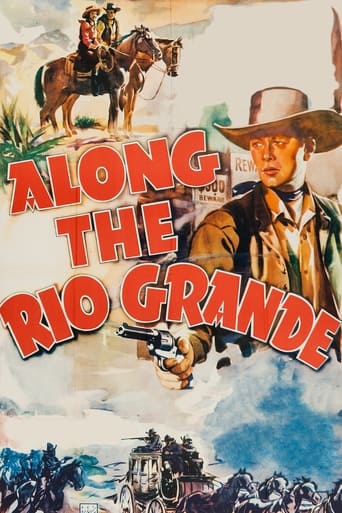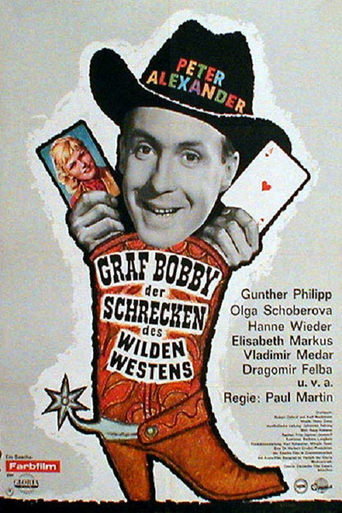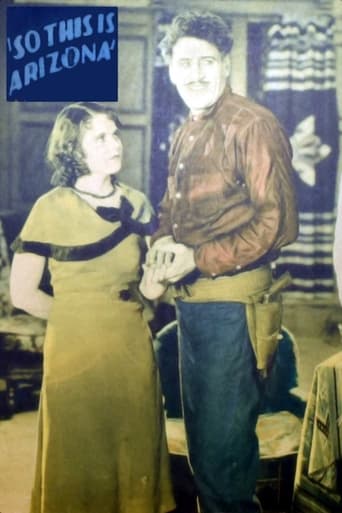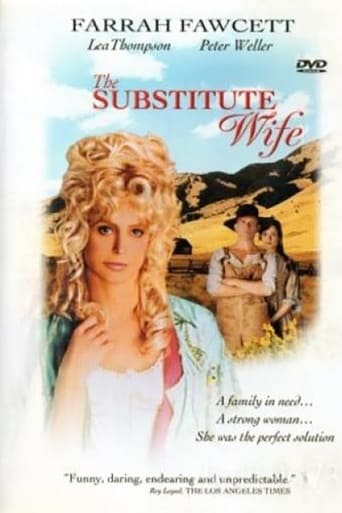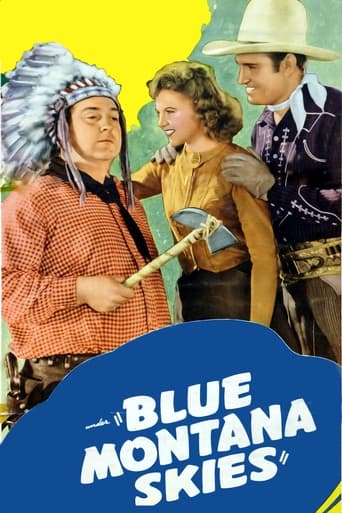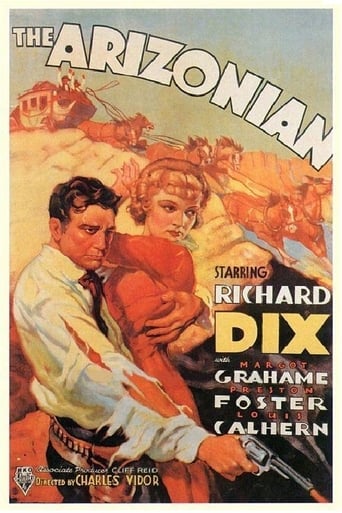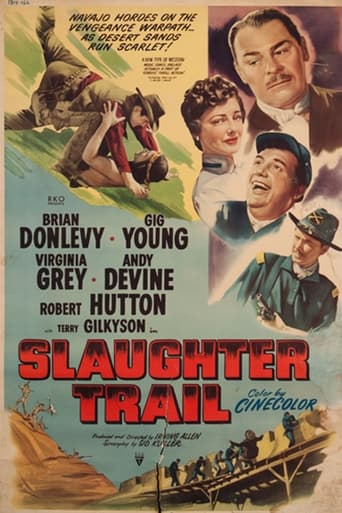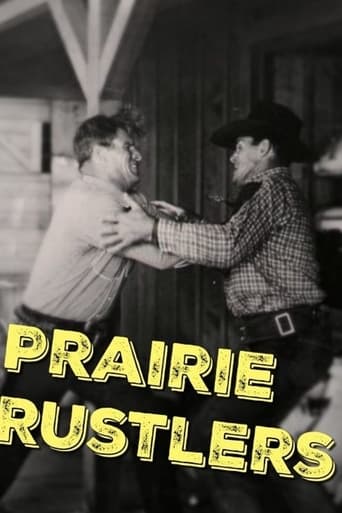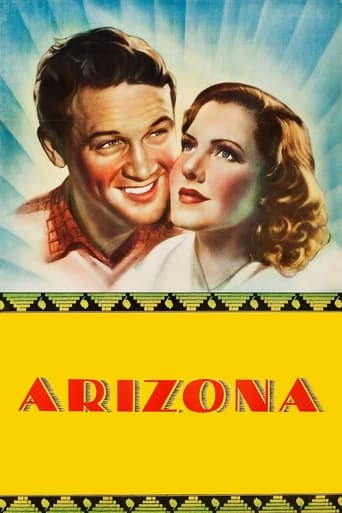
Arizona (1940)
Phoebe Titus is a tough, swaggering pioneer woman, but her ways become decidedly more feminine when she falls for California bound Peter Muncie. But Peter won't be distracted from his journey and Phoebe is left alone and plenty busy with villains Jefferson Carteret and Lazarus Ward plotting at every turn to destroy her freighting company. She has not seen the last of Peter, however.
- Wesley Ruggles
- Claude Binyon
- Clarence Budington Kelland
Rating: 6.2/10 by 26 users
Alternative Title:
Country:
United States of America
Language:
English
Runtime: 02 hour 05 minutes
Budget: $0
Revenue: $0
Plot Keyword: arizona, singing, pioneer, pipe smoking
The pies have it! Arizona is directed by Wesley Ruggles and adapted to screenplay by Claude Binyon from a story by Clarence Budington Kelland. It stars Jean Arthur, William Holden, Warren William, Porter Hall and Edgar Buchanan. Music is by Victor Young and cinematography by Joseph Walker, Harry Hallenberger and Fayte Brown. It's 1860 and feisty Tuscon frontierswoman Phobe Titus (Arthur) has grand plans to ignite a freight business. But when romance with drifter Peter Muncie (Holden) leaves her off guard, she could loose all to nefarious town competitors. It was a much troubled shoot blighted by weather, cast decisions and suit executive expectations, add in budget issues and some bloke called Hitler being a looming menace, and the end product is not as envisaged by all. Yet in spite of it all, and with a weak plot not strong enough to carry a two hour film, it's not a half bad Oater saga. Pic isn't bogged down by the central romantic thread, this is because it's nicely played and is merely one slice of Phobe's whole pie (she is a pie maker in the beginning of story). In the mix is the constant of Apache threat, who are duly on hand for action duties. There's the on-going fall out from the Civil War ticking away, the North/South rivalries given thought, the villainy - though not hard to spot - is sturdily played, while there's a host of colourful characters filling out the play. Finally, as a historical piece it earns its corn, the formation of Arizona's formative year most interesting. It's old fashioned, but in a good way, and if not expecting an ebullient actioner then this has worth to the Oater loving crowd. 7/10

